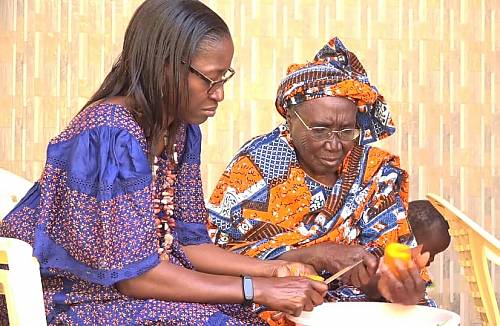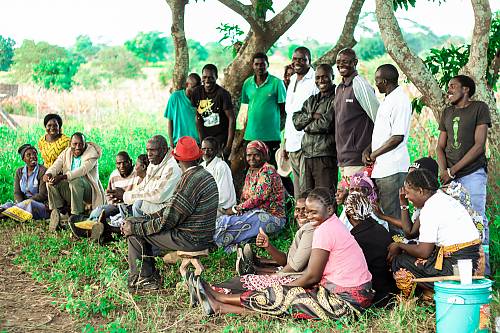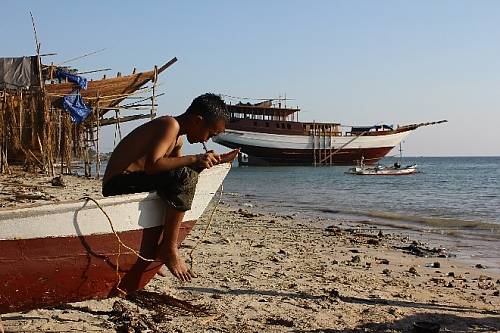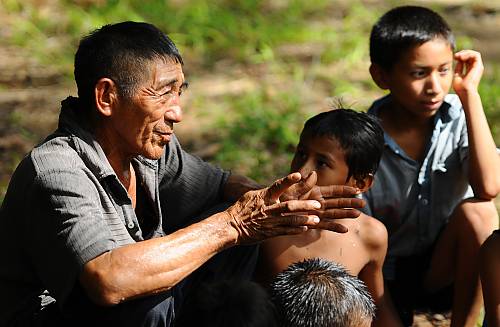UNESCO first adopted 21 March as World Poetry Day during its 30th General Conference in Paris in 1999. Practiced throughout history, poetry includes various forms of language, expressions and signification. It is often accompanied by music and performed during special occasions.
World Poetry Day celebrates one of humanity’s most treasured forms of cultural and linguistic expressions. Poetry continues to bring people together across continents and is found in a myriad of forms throughout the world. The universal nature of this artistic expression is shown by the number of elements linked to poetry on the Lists of the 2003 Convention, from the most recently inscribed Pasillo, an Ecuadorian musicalized poem, to the Lebanese Al-Zajal, inscribed in 2014, and the Ukrainian Cossack’s songs of Dnipropetrovsk region inscribed in 2016 on the Urgent Safeguarding List.
Being one of the five domains of the 2003 Convention, oral traditions and expressions encompass an enormous variety of spoken forms including proverbs, riddles, tales, nursery rhymes, legends, myths, epic songs and poems, charms, prayers, chants, songs, dramatic performances and more. Oral traditions and expressions are used to pass on knowledge, cultural and social values and collective memory. They play a crucial part in keeping cultures alive. The testimonies gathered by the survey conducted in the light of the COVID-19 pandemic revealed that oral traditions, including poetry, allowed people to escape temporarily from their fears and to find comfort at home with their loved ones.
Join UNESCO in celebrating poetry across the globe and keep your poetic heritage alive!




